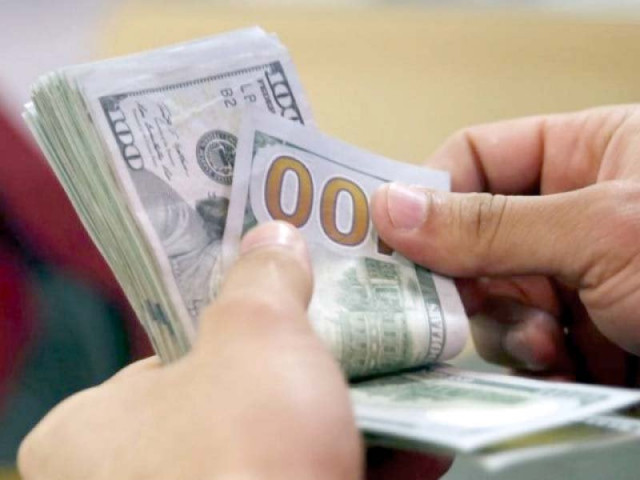‘Govt wants to hand over power with stable reserves’
Minister says no need to panic, foreign currency reserves are at comfortable level

Afzal said the government was managing the situation and there was no need to for another IMF loan programme in the near future. PHOTO: FILE
“Our target is to leave enough foreign exchange reserves that could cover three months of imports,” Afzal elaborated while talking to reporters, insisting that the country’s foreign exchange reserves were at a comfortable level and there was no need to panic.
PM Abbasi says 'no plan' to let rupee weaken further
“Pakistan is going through an interesting phase where it is investing money to complete several important infrastructure projects that are necessary for the country to grow faster,” he said.
“Owing to these development-related imports, the country is facing a high trade deficit, but it is not at all bad for the health of economy. Many countries, including Turkey, have gone through such phases that ensure long-term economic growth,” he said.
Afzal emphasised that the government’s first priority was to complete projects on time before it left the office. The economy had shown good signs of growth in recent months like rising exports, a slight decline in imports and growth in output of the manufacturing sector, he pointed out.
Replying to a question, Afzal said the government was managing the situation and there was no need to go for another IMF loan programme in the near future.
About 70-80% of work on first phase of the China-Pakistan Economic Corridor (CPEC) had been completed and the government was doing everything to maintain the pace of work on CPEC projects, he added.
The state minister said the business community had taken rupee devaluation of over 5% positively and it was expected that Pakistan could see a rise in exports. Moreover, the government also expects better agricultural growth that will support overall economic expansion in the ongoing fiscal year. Pakistan’s gross domestic product (GDP) rate touched 5.3% – the highest in a decade – in the fiscal year ended June 30, 2017. According to World Bank estimates, Pakistan’s economy is expected to grow 5.5% in the current fiscal year 2017-18, which is 0.5% lower than the 6% target set by the government.
Afzal said the government’s policy to curb imports by imposing a higher regulatory duty was expected to pay off in coming months.
Govt appeasing IMF for next bailout, suggests market talk
In October last year, the duty was enhanced up to 350% on 356 essential and luxury goods in an effort to arrest the rising import bill.
The challenge for the government is to increase exports and reduce imports. Pakistan’s trade deficit in the first five months (Jul-Nov) of fiscal year 2017-18 touched $15.1 billion, up 29% compared to $11.7 billion in the same period of previous year.
Published in The Express Tribune, January 5th, 2018.
Like Business on Facebook, follow @TribuneBiz on Twitter to stay informed and join in the conversation.



1733130350-0/Untitled-design-(76)1733130350-0-208x130.webp)















COMMENTS
Comments are moderated and generally will be posted if they are on-topic and not abusive.
For more information, please see our Comments FAQ